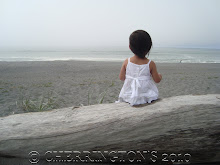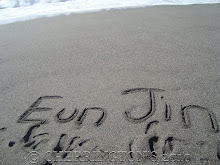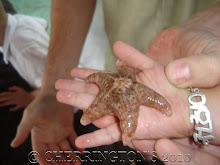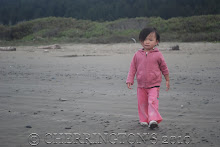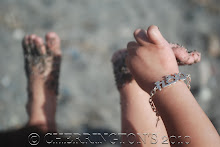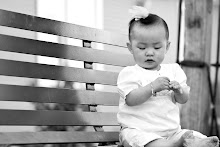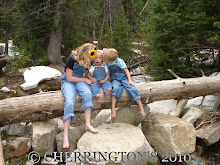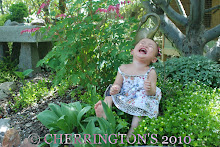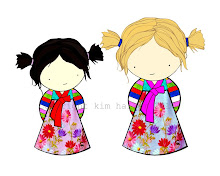
by Hollee McGinnis
Article in Adoptive Families Magazine
Adoptive Families Magazine
39 West 37th Street, 15th Floor • New York, NY 10018
I did not search for my birth family; they searched for me. I was adopted from Korea in 1975, as one of the first generation of Koreans to become Americans through adoption. When I was 15, my adoptive parents received a letter from my paternal grandfather asking for pictures of me. After much debate, my parents took the advice of an adult adoptee and waited until I was an adult to show me the letter.
It was during October break from college, when we were all sitting around the dinner table. The atmosphere turned serious, and my dad said, "There is something your mother and I would like to talk to you about." My mind raced as I tried to think of a parking ticket or something else I might have "forgotten" to tell them about. I was not prepared for what they showed me. My mother was afraid I would be angry that they hadn't shown me the letter when I was younger, but I was simply overwhelmed.
Coming to life
That night, as I stared at the blurry photo of my biological grandfather and grandmother, my mind kept returning to one thought: They remembered me. Every adopted person thinks about the man and the woman—ghostlike figments—who gave her life. But that night the characters in my adoption story came alive. They were no longer figments of a dream, but flesh and blood people—people who shared my blood.
It took four years of exploring my American, Korean, and adoption identities before I embarked on a journey back to my birth country to meet my birthfather and his family. The night before I left for Korea, I sat with my parents on our back patio. I feared the only parents I knew might feel I did not love them if I met my birth family. But my dad dispelled my worries. He said, "We always knew we had family in Korea."
Another twist
During the trip, two days before I was going to meet my birthfather, the director of my orphanage surprised me with a phone call. "Hwa Yong-ah," he said, using my Korean name. "I decided to look for your umma—your mom—and I found her. You want to meet her too?" I had four years to prepare myself to meet my birthfather, but I never thought I would ever be able to meet my birthmother.
Two brief days rushed by as I met not only my birthfather, but my birthmother, half-siblings, grandparents, and cousins. I thought I was prepared for the reunions, but the experience was filled with surprises.
Years later I was able to meet the priest who started my orphanage, a man who really understood the human heart. He said he had always expected that the children he helped to place overseas would come back to Korea. Old practices of secrecy have set the expectation—for some, a reassurance—that internationally adopted people will never encounter those connected to them by blood. But human nature does not always obey laws or follow the perceived "best practices." That was why, I believe, he didn't hesitate to send on the letter from my biological grandparents, and then respected my parents' decision to wait to tell me.
Eight years later, it seems the journey has only begun, and I'm not sure how the story will continue to unfold. I continue to travel to Korea, exchange e-mail with my half-siblings, and attempt to learn the Korean language. But meeting my biological family has in many ways strengthened my relationship with my adoptive family; I have a future now with my birth family, but nothing can take away the years of nurture my parents gave me. Meeting my birth family answered some questions I had while growing up, but it also raised new questions that I may never be able to answer.
Hollee McGinnis, also-known-as Lee Hwa Yong, is the policy & operations director of the Evan B. Donaldson Adoption Institute.

























